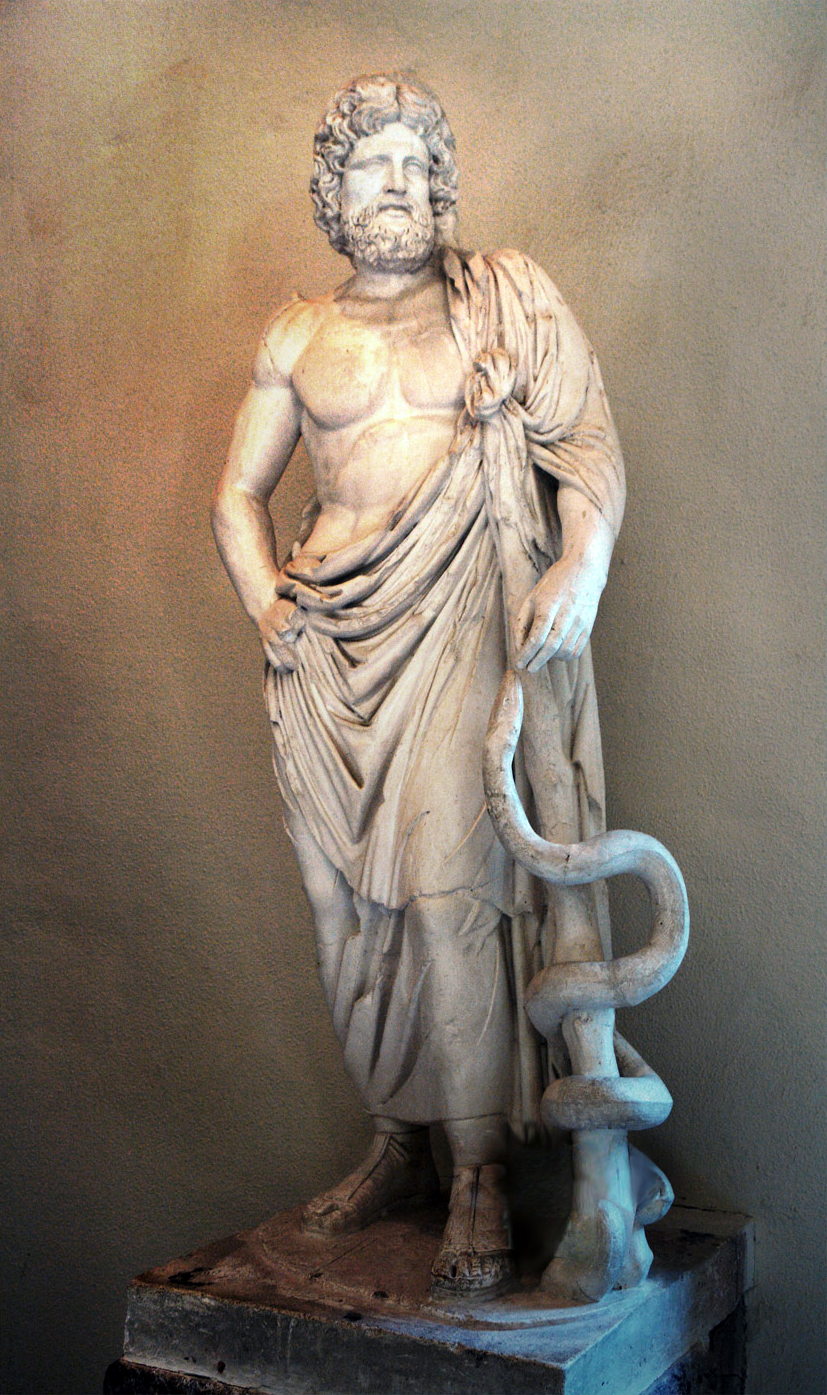ZEMELE - Phrygian goddest
It's important for us since the cult of the Great Mother / Magna Mater was most present in the Balkans and Minor Asia (ANA(mother in turkish)TOLIA) where the phrygian people lived.
Semele
daughter of Cadmus and mother of Dionysus, from L., from Gk. Semele, a Thraco-Phrygian earth goddess, from Phrygian Zemele "mother of the earth," probably cognate with O.C.S. zemlja "earth," L. humus "earth, ground, soil."
Zemele is an ancient root word that exists only in the Slavonic languages.
Source: http://dictionary.reference.com/browse/Semele
It's important for us since the cult of the Great Mother / Magna Mater was most present in the Balkans and Minor Asia (ANA(mother in turkish)TOLIA) where the phrygian people lived.
Semele
daughter of Cadmus and mother of Dionysus, from L., from Gk. Semele, a Thraco-Phrygian earth goddess, from Phrygian Zemele "mother of the earth," probably cognate with O.C.S. zemlja "earth," L. humus "earth, ground, soil."
Zemele is an ancient root word that exists only in the Slavonic languages.
Source: http://dictionary.reference.com/browse/Semele







 i´ve learned that my head is hard to crush, they learned many things
i´ve learned that my head is hard to crush, they learned many things 


Comment